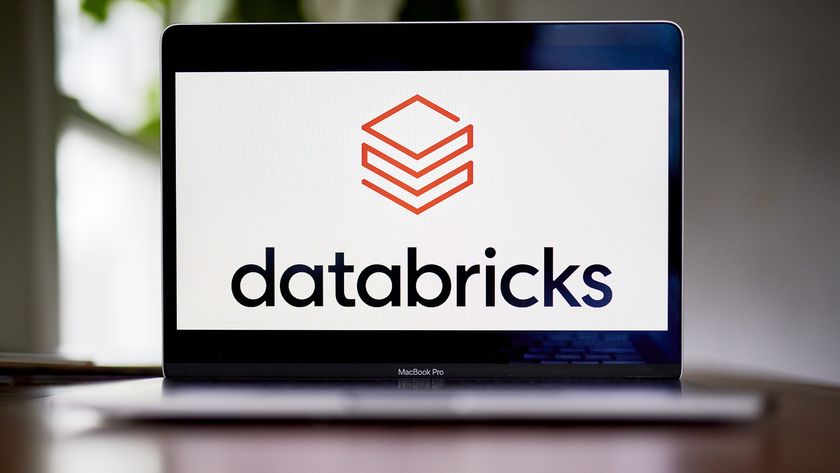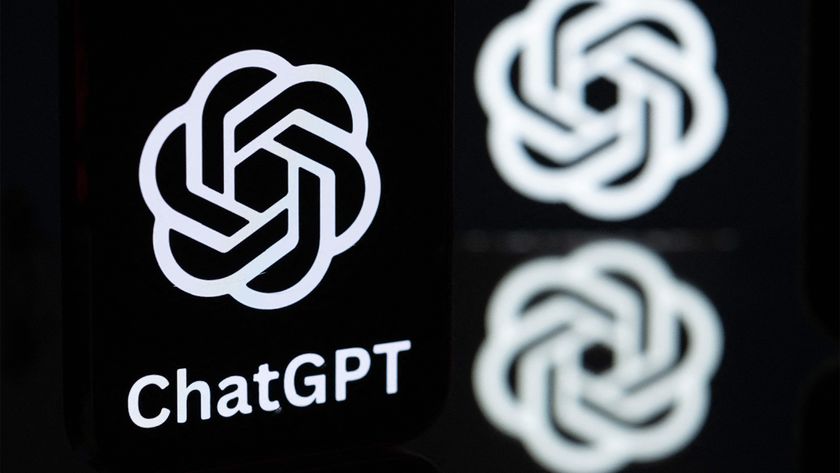Israel's tech start-ups "thriving" despite unrest
How are Israel's tech start-ups faring in the face of the ongoing conflict? Rosie Clarke investigates
Up to 25 per cent of employees from each start-up have been called out to fight because of the country's conscription culture, Yifat Oron, CEO of Leumitech, which is part of Israel's largest bank, told the Wall Street Journal.
Piers Ridyard, the chief executive officer of data storage start-up Nifty, told IT Pro the logistics of conscription have had a huge impact on start-ups.
"Because it's conscription-based, everyone gets called up if there's a problem. I can't name names but there [are] some really big start-ups that have essentially been ground to a halt for that entire period, [with] a bare bones team keeping it going while everyone else is out on conscription."
Ridyard relocated his entire Manchester-based team to Tel Aviv in March 2014 on a three-month working visa to explore the start-up nation.
"Having all done military service they're disciplined and they end up [implementing] things very well. If they say they're going to do something, they get it done," he explained.
"Israel has this incredible attitude to start-ups where entrepreneurs set up multiple start-ups and then go onto the next one.
"It's an amazing place to be in terms of access to network and access to talent and people to be working around," he added.
Get the ITPro. daily newsletter
Sign up today and you will receive a free copy of our Focus Report 2025 - the leading guidance on AI, cybersecurity and other IT challenges as per 700+ senior executives
Even so, Marcus revealed that Tel Aviv is looking to diversify the Israeli start-up ecosystem by tweaking the local immigration procedures.
"When you look at Tel Aviv the workforce is about 97 per cent Israeli because we have very strict immigration laws. One of the things that we're working on with the government is a start-up visa," she said.
"The start-up visa will allow an entrepreneur from England say, to come here and start their idea. We're expecting the visa to be approved by the end of 2014."
Trading places
Though the conflict has challenged people's views of Israel internationally, the country maintains its international business relations are as strong as ever.
Bilateral trade between Israel and the UK alone has more than doubled over the past five years and this trend continued in the first half of 2014, according to the Israel Central Bureau of Statistics.
So far there has been an 11 per cent increase in bilateral trade compared to the first half of 2013 and the 2014 H1 figure totals more than $3.5 billion.
Tsror said: "We are excited to see this energetic relationship continue to go from strength to strength."
But the dichotomy between Israel's active military and increasingly innovative start-up technology continues to spark controversy as experts debate whether global multinationals can afford to get involved.
Roi Carthy, an Israeli venture capitalist, told New York Magazine that international companies looking to find the next big thing in Israeli technology will just have to accept the industry's inherent politicism.
"Due to mandatory army service, the tech industry and the army in Israel are intertwined. If you don't recognise that, you shouldn't be doing business with Israelis," he concluded.















